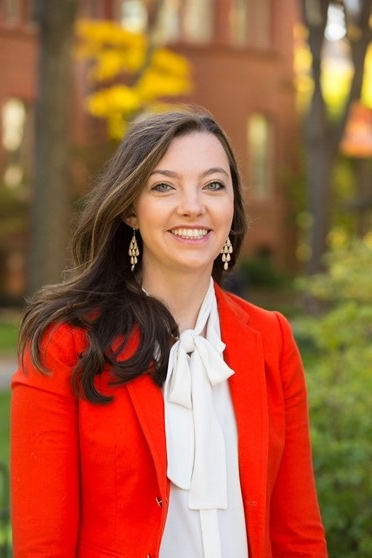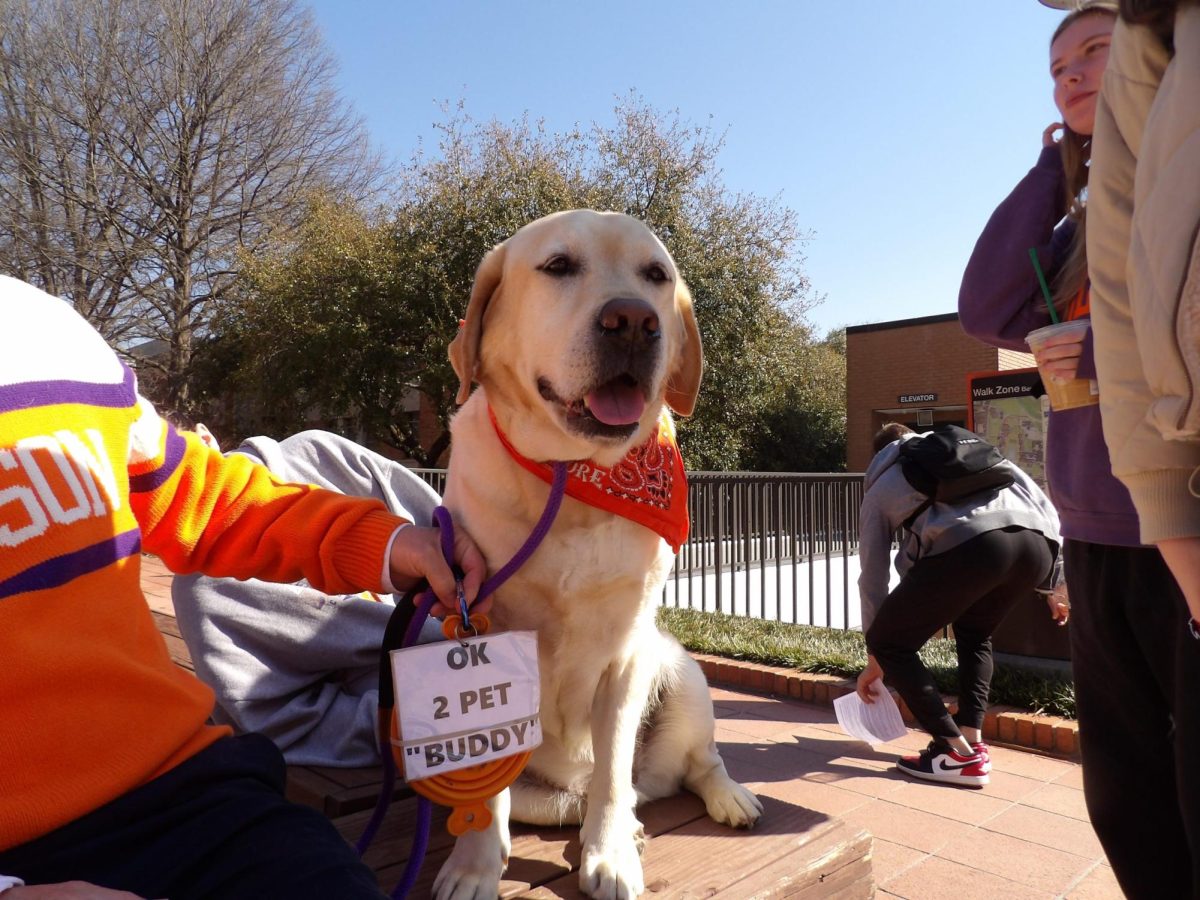Pain. Disadvantaged. Special. Unique. Different.
These were words that the audience used when asked to describe what comes to their minds when the word disability is used.
Clare Mullaney, Assistant Professor of Disability Rhetorics in the Clemson University English Department, used the engagement activity in her Oct. 20th speech on the history of disability.
Mullaney, Ph.D. in English, gave the speech on “Activism to the Academy: A History of Disability” to show just how much has changed in the academic and activist fields since the mid 20th century. Essentially this presentation was put together to show a deeper perspective about disability, where it started, and where it is now.
“Disability Rights movement wanted to dismantle this idea of the individual as disabled … it emphasizes independence,” Mullaney stated.
Within the Zoom speech, Mullaney cited U.S. President Franklin D. Roosevelt having polio as a milestone in disability gaining more recognition. His struggles led to the development of the polio vaccine, as well as inspired disability activism.
Mullaney noted that nearly forty years after Roosevelt’s term,disability activism began to take on a new meaning in the context of academic scholarship.
For example, at Clemson University, ClemsonLIFE is a program that offers a collegiate experience that prepares young men and women with disabilities for competitive employment and independent living through a combination of academic coursework and career exploration.
“Young adults must develop skills and an understanding about themselves and the world around them in order to fully participate in society and to become successful, contributing adults,” according to the ClemsonLIFE webpage.
Mullaney noted that programs like ClemsonLIFEare a part of the reason that those with disabilities are getting more recognition for what they can do.
“So today we’re really seeing further engagement between disability studies that is academic work and activist work in the name of disability justice,” she said.
Besides ClemsonLIFE, Clemson faculty also want to become more accessible to students with disabilities by using self-help guides that are provided on the accessibility portal through Clemson Online. The accessibility portal provides tips such as Canvas software, social media, and making testing more accessible to students.
“Around 25% of Americans have identified disabilities, but a lot more have invisible ones such as ADHD, diabetes, juvenile rheumatic arthritis, and cystic fibrosis,” according to a PowerPoint by Student Accessibility Services (SAS). At Clemson University about 3.5% of the student population receives services through SAS.
SAS accommodates those with disabilities to further their learning career in the most comfortable environment.
Mullaney emphasized that Clemson wants to further advance the understanding of how disabilities in the workplace are not a disadvantage, but rather an asset with the help of everyone.








